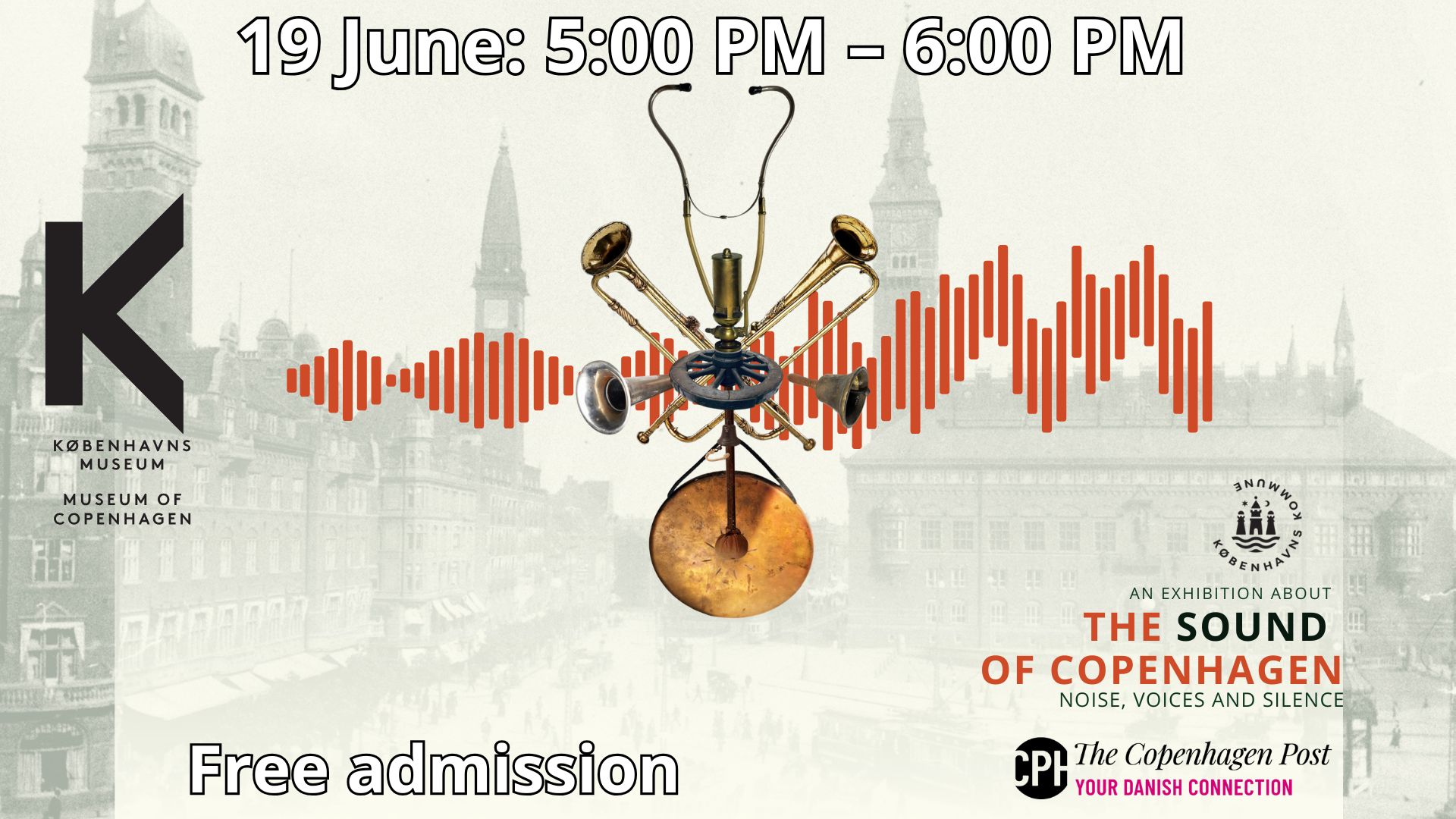The underwater archaeologist Bjørn Lovén from the University of Copenhagen has helped uncover the remains of an ancient naval base in Athens dating back to 493 BC.
READ MORE: Danes helped excavate Corinth’s ancient harbour
The base, the remains of which are submerged in the waters beneath the Mounichia fishing and yacht harbour, was one of Ancient Greece’s largest building works and played an essential role in the defence of the region.
“Visibility in the harbour water is down to 20 cm on many days, so we’ve had lots of poor working conditions,” said Lovén.
“But we finally managed to locate and excavate six ship houses that were used to protect the Greek ships – to protect them against woodworm and drying out they were pulled ashore and placed in covered ship houses when not being used.”
READ MORE: Archaeological find in Greenland shrouded in mystery
Battle of Salamis
The ship houses were formidable in size, and the foundations under the pillars are 1.4 m x 1.4 m wide and upwards of 7-8 m high and 50 m long.
The discovery of the base came in connection with the Zea Harbour Project, a comprehensive excavation of Athens’ ancient naval base in Piraeus that took place between 2001 and 2012.
“We’ve dated the ship houses to be from 520-480 BC or just after that, which means that they’ve probably housed the ships that were used to fight the Persian invasion forces during the famous Battle of Salamis in 480 BC,” said Lovén.
“That naval battle is a key event in Greek history; if the Greeks hadn’t won, it is unsure that Greek culture would have played such a central role in our world as it did.”
Lovén has also produced the film ‘The Wooden Wall – an echo through time’ about the Battle of Salamis and the massive naval bases in Athens. See it below.














